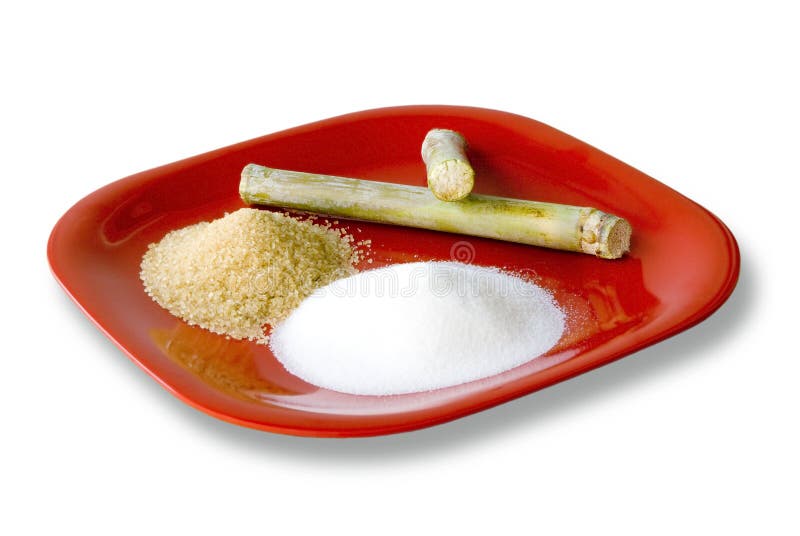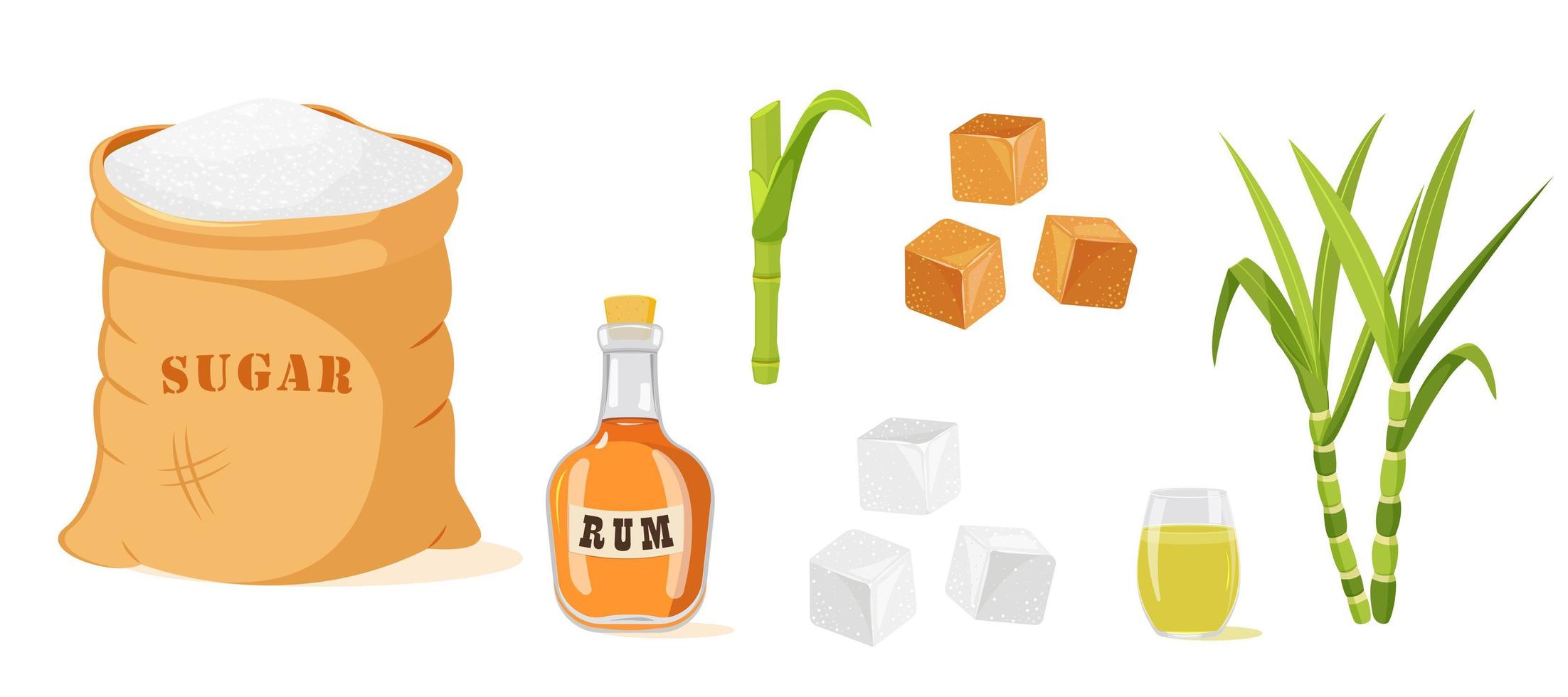The Dietary Value and Wellness Advantages of Sugarcane Product
The Dietary Value and Wellness Advantages of Sugarcane Product
Blog Article
Leading Sugarcane Products You Must Know Concerning
Sugarcane, a versatile crop, generates a selection of products that expand past typical uses. Amongst these, raw sugar sticks out for its natural structure, while molasses supplies a nutrient-rich option for cooking applications. Furthermore, the introduction of biofuel from sugarcane is reshaping the energy landscape, providing an environmentally friendly service to standard gas - sugarcane product. Not to be ignored, sugarcane juice functions as a revitalizing drink, interesting health-conscious customers. The exploration of these products discloses considerable implications for both sector and health and wellness-- are you knowledgeable about their potential effect?
Raw Sugar
Raw sugar, a basic item originated from sugarcane, comprises a substantial portion of the global sweetener market. This raw item is identified by its golden-brown shade and distinct molasses taste, resulting from the minimal processing it undergoes post-extraction. The production process includes crushing sugarcane to remove juice, which is after that cleared up and evaporated to create sugar crystals.
Commonly, raw sugar consists of around 85-90% sucrose, with the staying make-up consisting of water, minerals, and residual molasses. sugarcane product. Its one-of-a-kind taste profile and texture make it a favored active ingredient in different culinary applications, ranging from cooking to drink production. Additionally, raw sugar is commonly perceived as an even more natural alternative to fine-tuned white sugar, appealing to health-conscious customers


The main manufacturers of raw sugar include nations such as Brazil, India, and Thailand, which add to the commodity's durable worldwide trade. Moreover, raw sugar functions as an important input for the production of refined sugars and specialty items, emphasizing its relevance within the sugarcane industry. As customer preferences progress, the need for raw sugar is most likely to stay solid, providing chances for development in this sector.
Molasses
Produced during the sugar extraction procedure, molasses is a thick, dark syrup that remains after the formation of sugar from sugarcane juice. This byproduct is rich in minerals and vitamins, especially iron, b, magnesium, and calcium vitamins, making it a healthy addition to various diet regimens. The flavor profile of molasses is durable and slightly bitter, commonly offering an unique taste to culinary dishes.

In the cooking globe, molasses offers multiple objectives, including usage in baking, marinades, and sauces. Its special taste improves gingerbread, baked beans, and bbq sauces, making it a staple in numerous conventional dishes. Additionally, molasses functions as a natural chemical because of its high sugar web content. In general, molasses is a flexible product that adds both flavor and nutritional advantages, making it an important element in sugarcane-derived products.
Biofuel
As a sustainable option to fossil fuels, biofuel originated from sugarcane provides significant ecological advantages and power potential. Sugarcane biofuel, mainly in the form of ethanol, is created through the fermentation of the plant's sugars, resulting in a renewable resource resource that can reduce greenhouse gas emissions when compared to standard gasoline.
The cultivation of sugarcane for biofuel likewise advertises farming variety and navigate to this site can improve rural economic climates. With its high sugar content, sugarcane yields a lot more ethanol per hectare than lots of other biofuel crops, making it an effective selection for power production. The by-products of sugarcane processing can be used for electrical power generation, further contributing to a circular economic climate.
Nations like Brazil have pioneered the use of sugarcane biofuel in their energy mix, demonstrating its stability widespread. This combination not just helps to reduce dependancy on imported nonrenewable fuel sources but additionally supports power safety and sustainability objectives. As advancements in technology remain to enhance biofuel manufacturing approaches, sugarcane stays a critical gamer in the shift in the direction of cleaner energy solutions, working as a keystone for future power approaches.
Sugarcane Juice
Sugarcane juice is a natural extract acquired from the pressing of sugarcane stalks, commemorated for its sweet flavor and dietary benefits. This rejuvenating drink is abundant in crucial nutrients, including other vitamins A, C, and numerous B vitamins, in addition to important minerals such as calcium, potassium, and magnesium. Its high antioxidant content aids combat oxidative anxiety, making it a popular choice for health-conscious consumers.
Beyond its taste and nutritional profile, sugarcane juice flaunts a number of wellness benefits. It is known to provide quick energy due to its all-natural sugars, making it an optimal drink for athletes and those engaged in physical labor. Additionally, it has moisturizing residential properties, which can be especially advantageous in warm climates or throughout physical effort.
Generally taken in fresh, sugarcane juice is frequently served chilled with a hint of lime or ginger to enhance its taste. It is also utilized in numerous cooking applications, including treats and cocktails. As the need for natural and minimally processed drinks remains to climb, sugarcane juice is acquiring acknowledgment not just for its delightful preference yet likewise for its myriad wellness benefits.
Conclusion
In summary, the diverse products obtained from sugarcane, including raw sugar, molasses, biofuel, and sugarcane juice, each offer distinctive advantages that cater to numerous customer demands and choices. Biofuel stands for a sustainable power option, and sugarcane juice gives a refreshing, nutrient-rich drink.
Raw sugar offers as a critical input for the production of polished sugars and specialty products, emphasizing its relevance within the sugarcane sector.Generated during the sugar removal process, molasses is a thick, dark syrup that stays after the crystallization of sugar from sugarcane juice. With its high sugar content, her latest blog sugarcane returns much more ethanol per hectare than lots of various other biofuel plants, making it an efficient option for power manufacturing.Sugarcane juice is a natural remove gotten from the pushing of sugarcane stalks, celebrated for its wonderful taste and dietary advantages.In recap, the diverse items acquired from sugarcane, including raw sugar, molasses, biofuel, and sugarcane juice, each deal distinct benefits that cater to numerous consumer requirements and preferences.
Report this page